One hundred thirty-two years (1518) after its founding, Martin Luther came to the University of Heidelberg to defend his 28 Theses, which eventually led to the Protestant Reformation. As a result, the University of Heidelberg converted to a Calvinistic institution. During the Thirty Years War (1618 - 1648), the fiscal and intellectual wealth of the university began to decline. In this same period, much of the university’s then world-famous “Bibliotheca Palatina” ( the university library) was taken as a war prize and donated to the Vatican in Rome.
King Louis XIV’s French troops invaded and destroyed Heidelberg as part of the Counter Reformation and the University was placed under the Catholic Jesuit influence as part of the Treaty of Luneville (1801). As a result, the university lost all of its property that was located on the left bank of the Rhine River. By 1803, with the disestablishment of the university looming, it was re-established as a state-owned institution by Karl Friedrich, Grand Duke of Baden, eventually becoming a center for liberalism. This led the university becoming a model for American Liberal Arts Colleges to transition into research institutions.
During the Third Reich’s rising power in 1933, the University of Heidelberg (like other German Universities) was forced to support the Nationalist Social Democratic Party (the Nazis) by dismissing large numbers of its professors and students for political and racial reasons. On May 10, 1933, the Nazis promoted a program of burning books that they determined to be “un-German,” including at the University of Heidelberg’s quadrangle. Since the Allies had decided not to bomb Heidelberg because they wanted it for their headquarters in Germany, reconstruction following the war went quickly.
MarkTwain’s 1880 “A Tramp Abroad” mentioned the University of Heidelberg, as did W. Somerset Maugham’s “Of Human Bondage,” The university was also featured in the 2008 film, “The Reader.”
This truly is one of the great historical landmarks in Heidelberg and we were thrilled at having had the opportunity to explore its grounds.
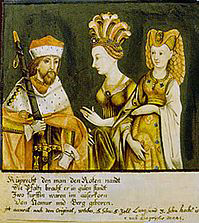
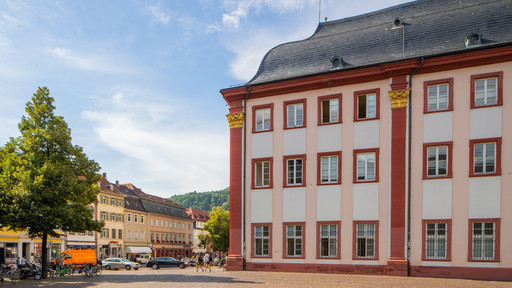
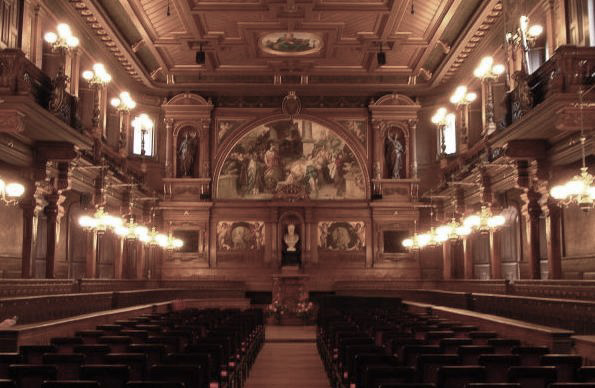
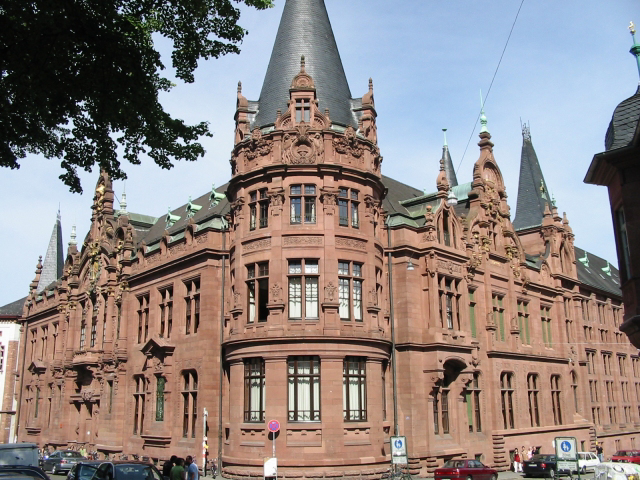
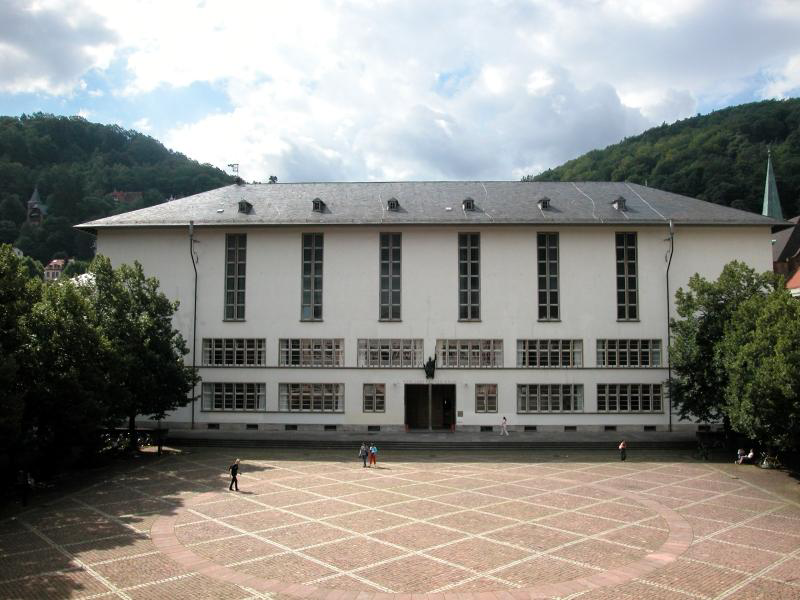
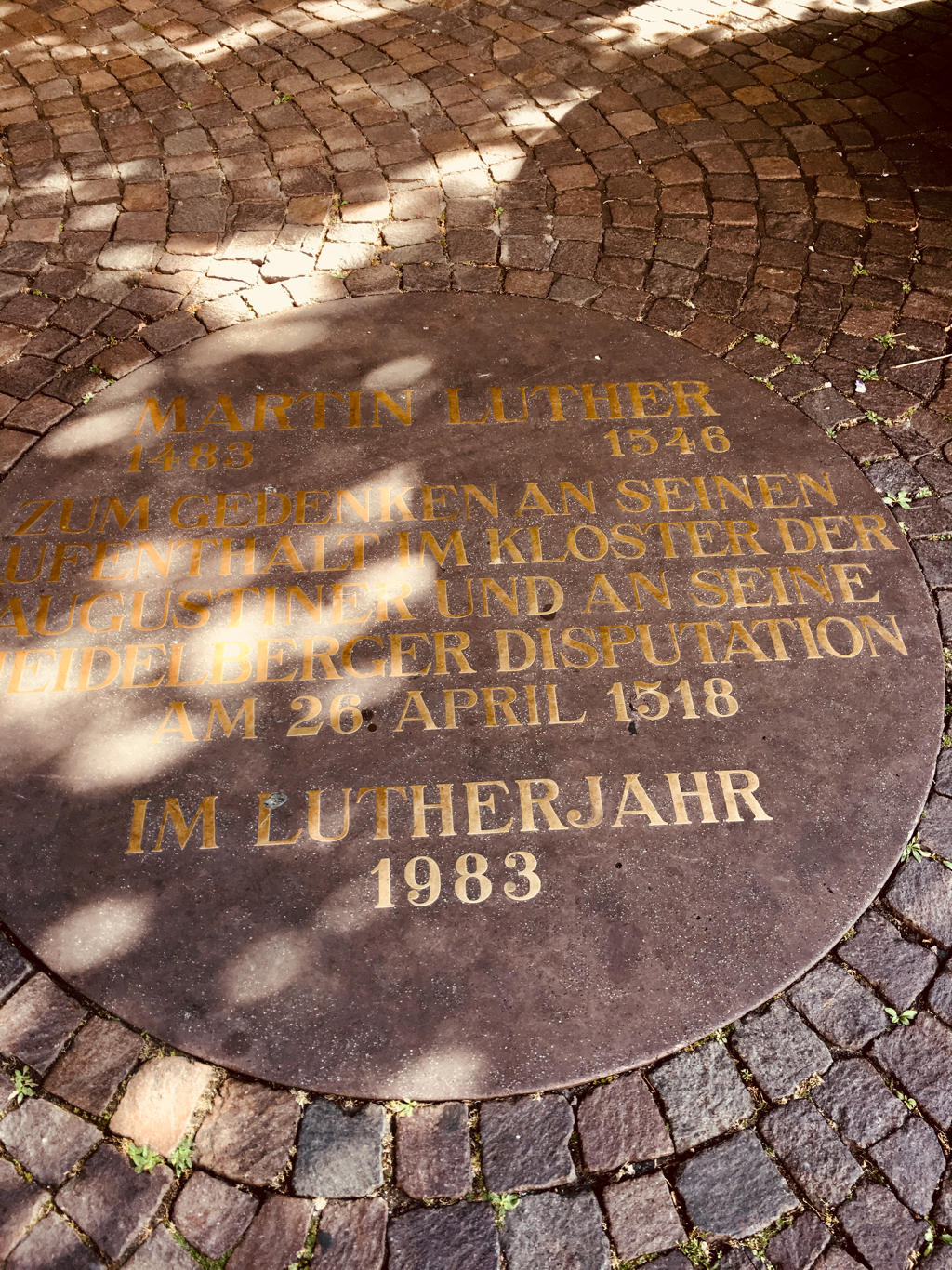

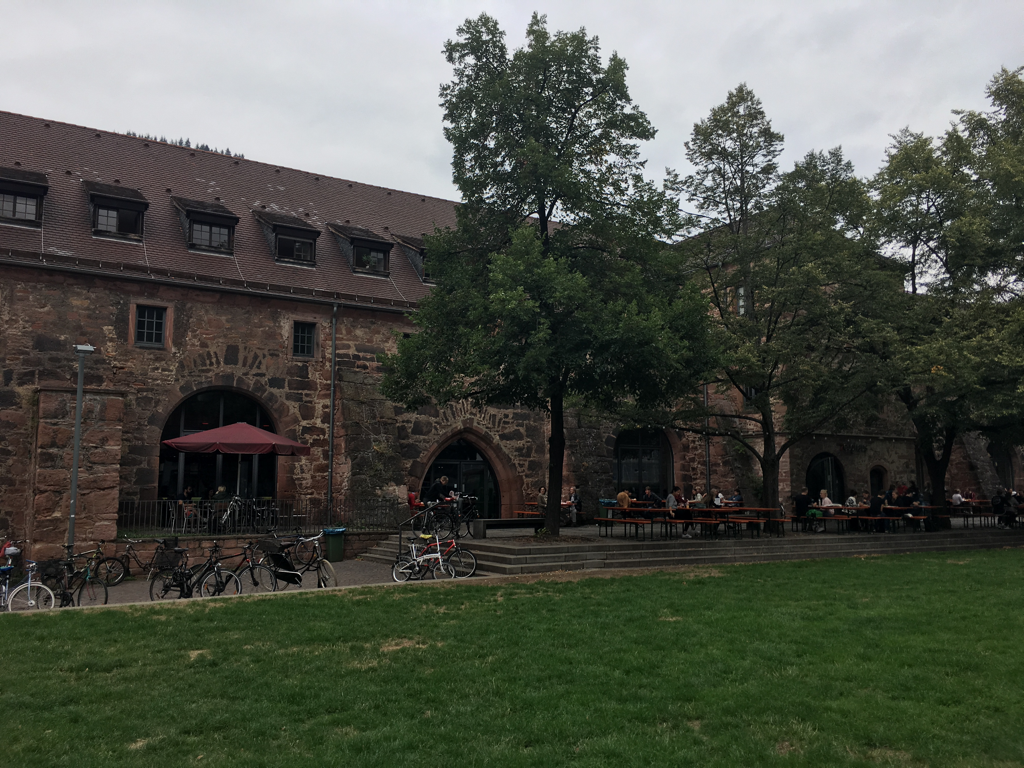
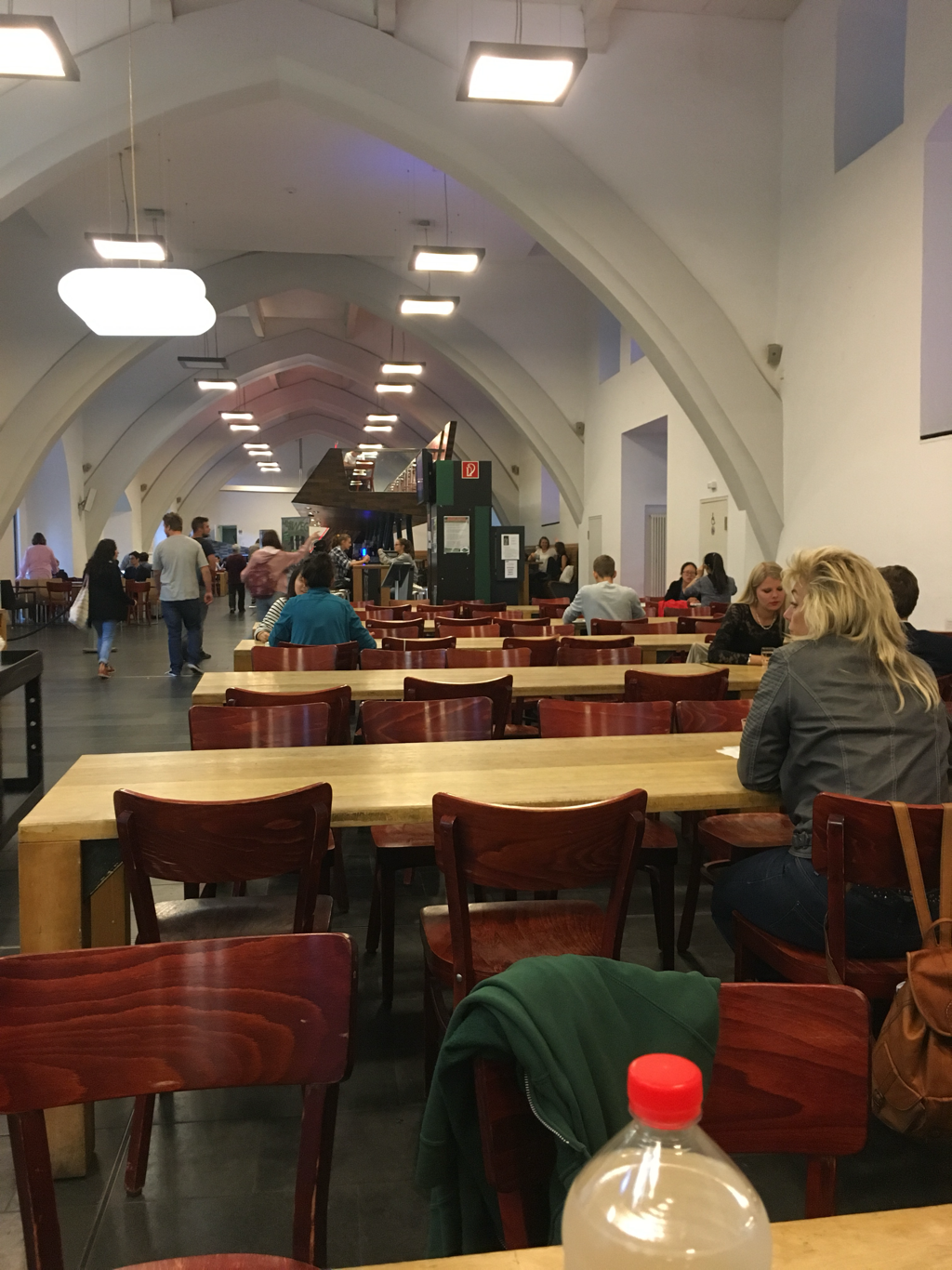
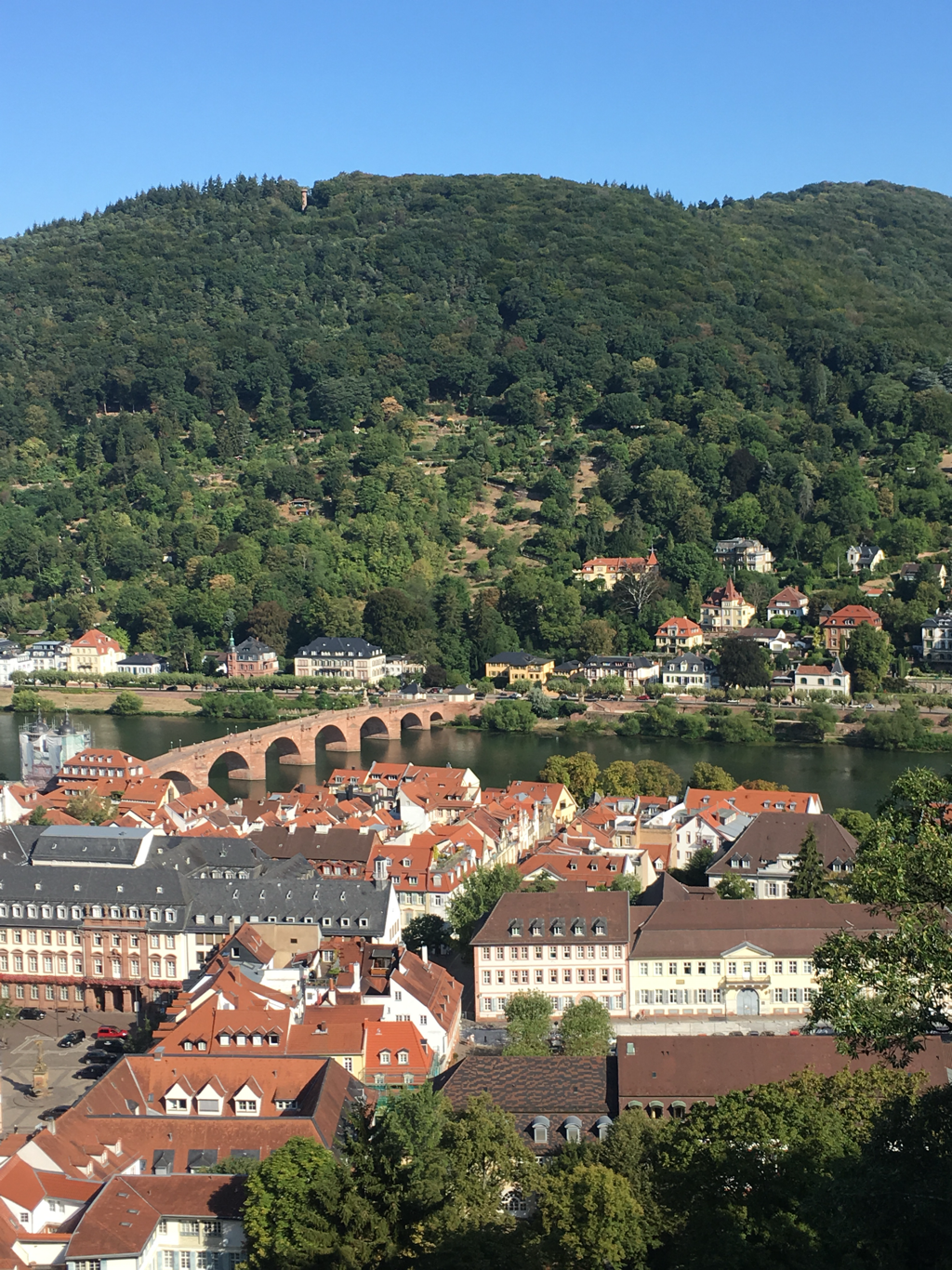
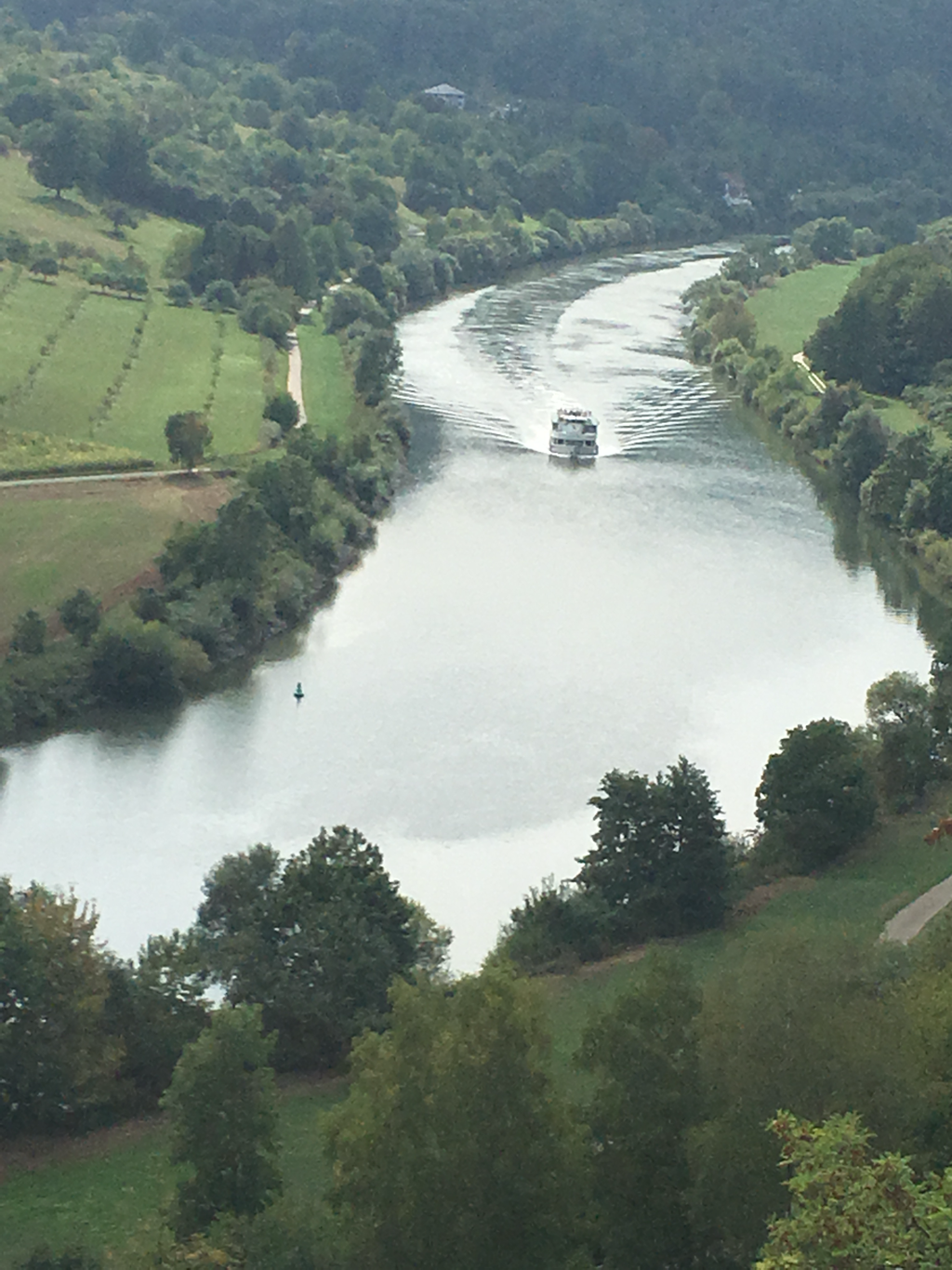
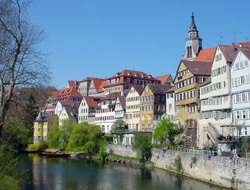
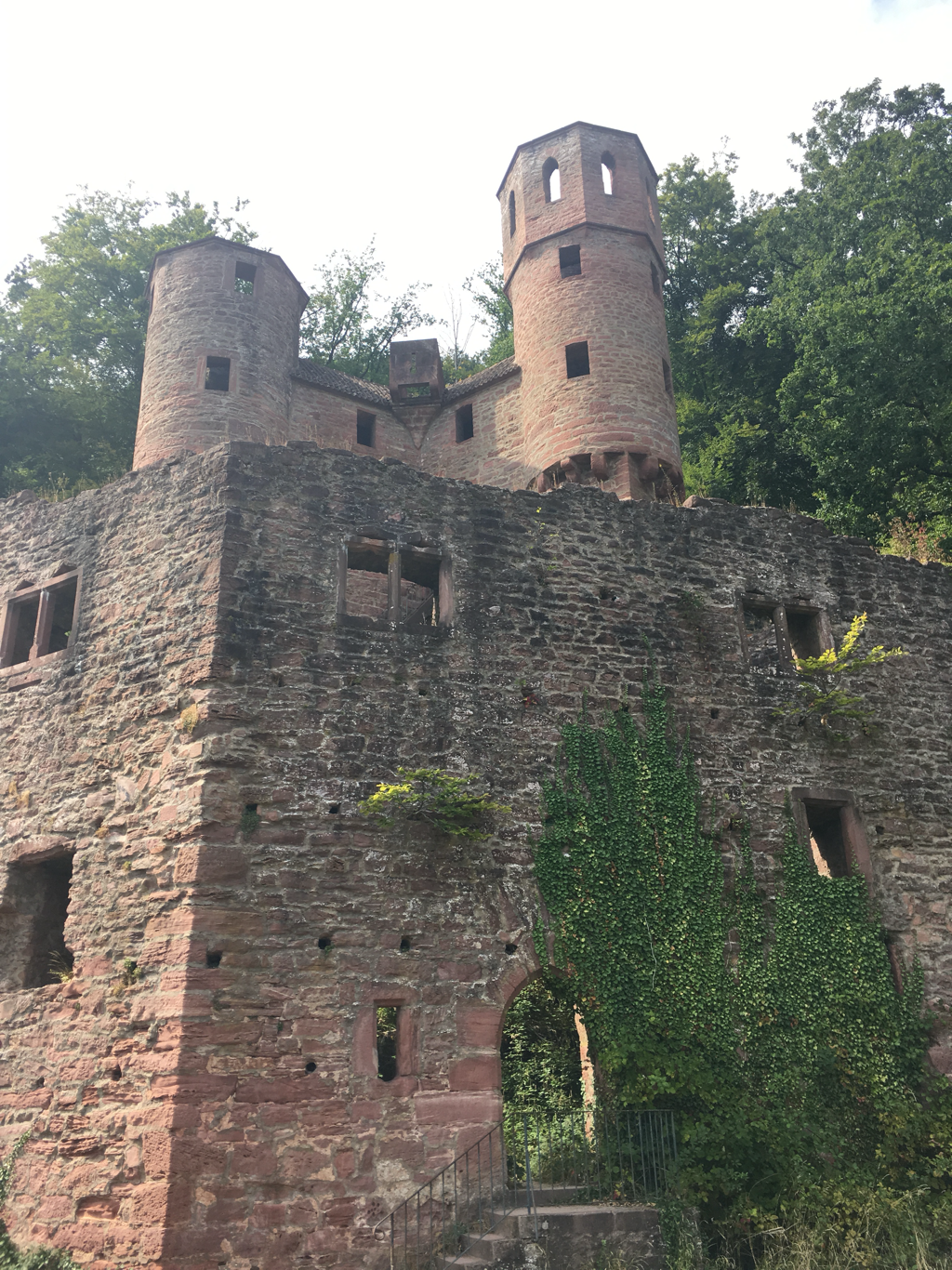


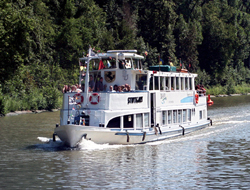
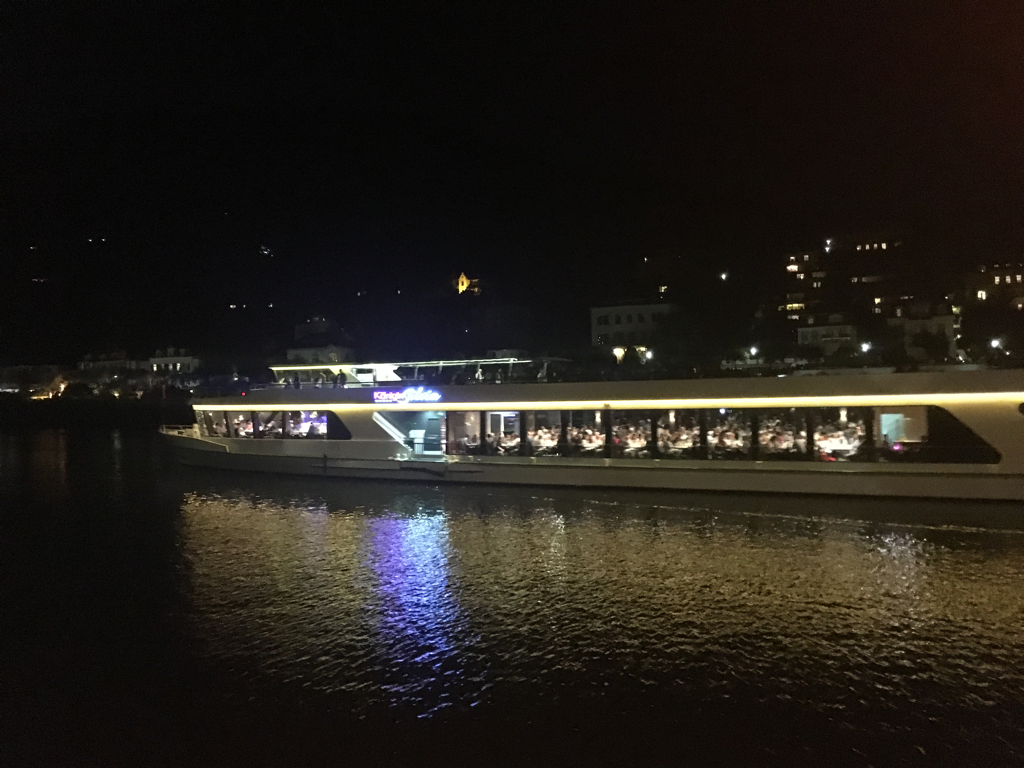
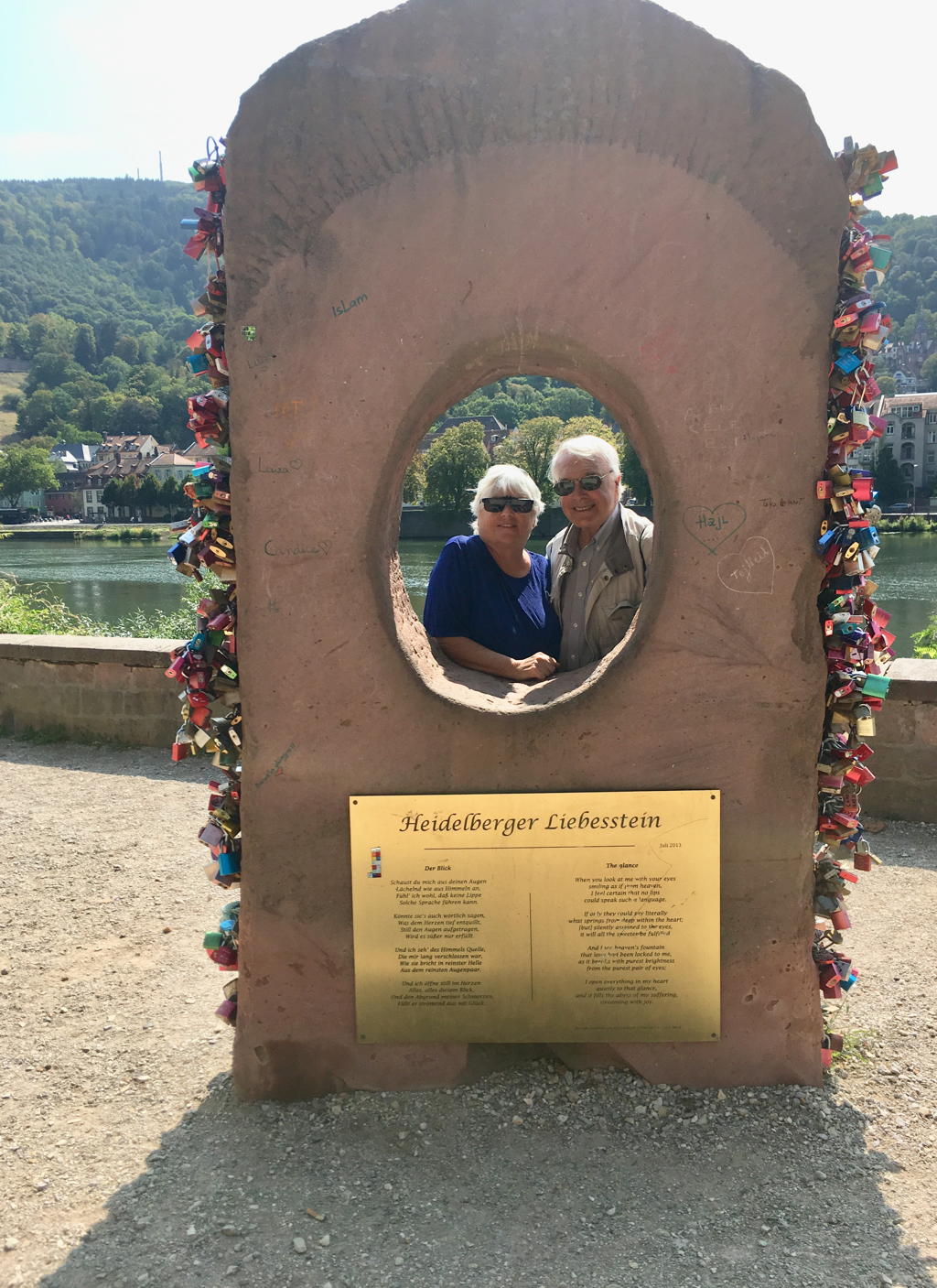

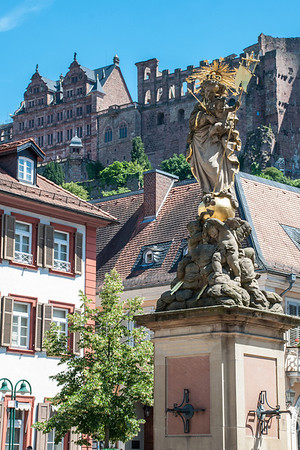
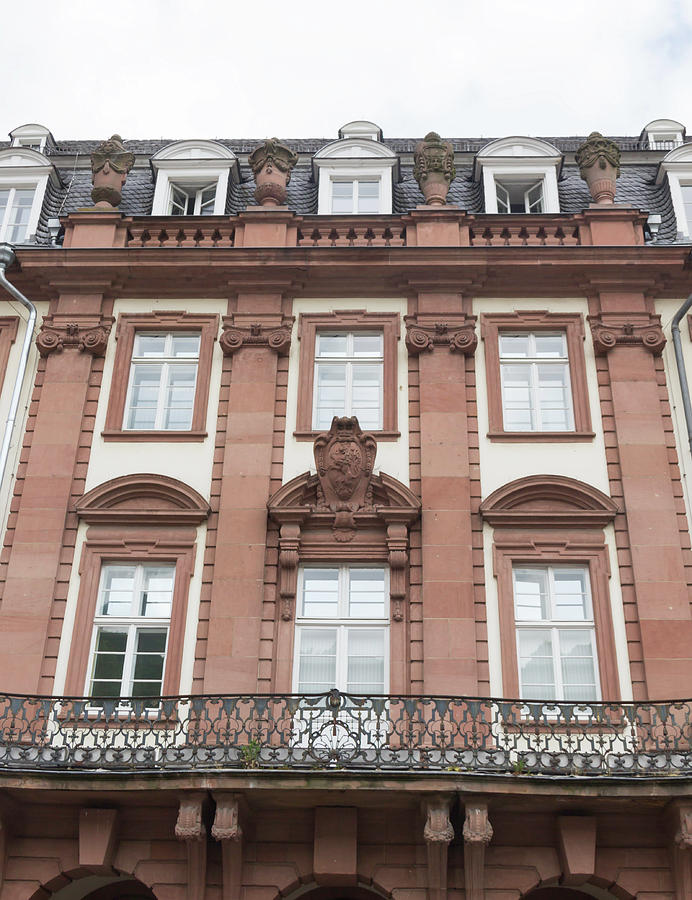
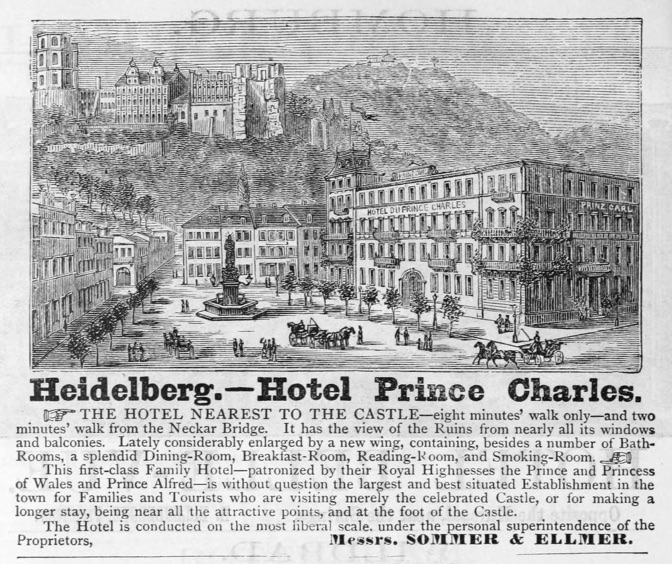
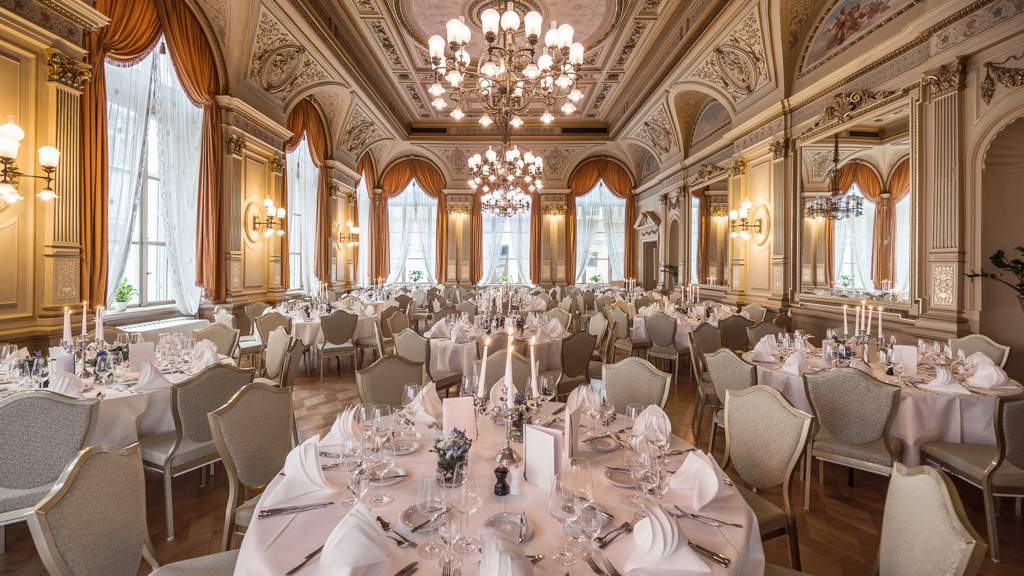
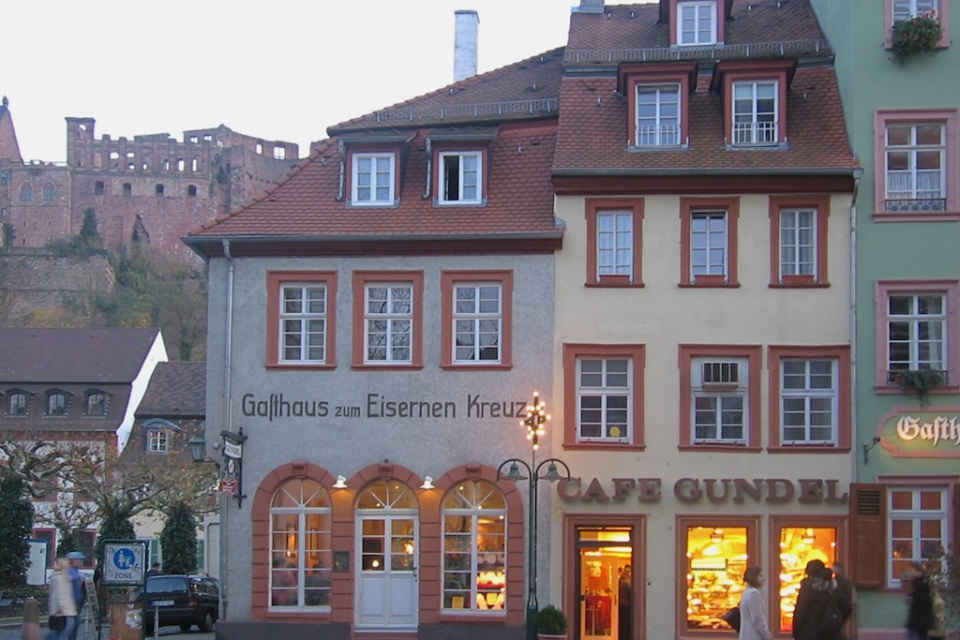



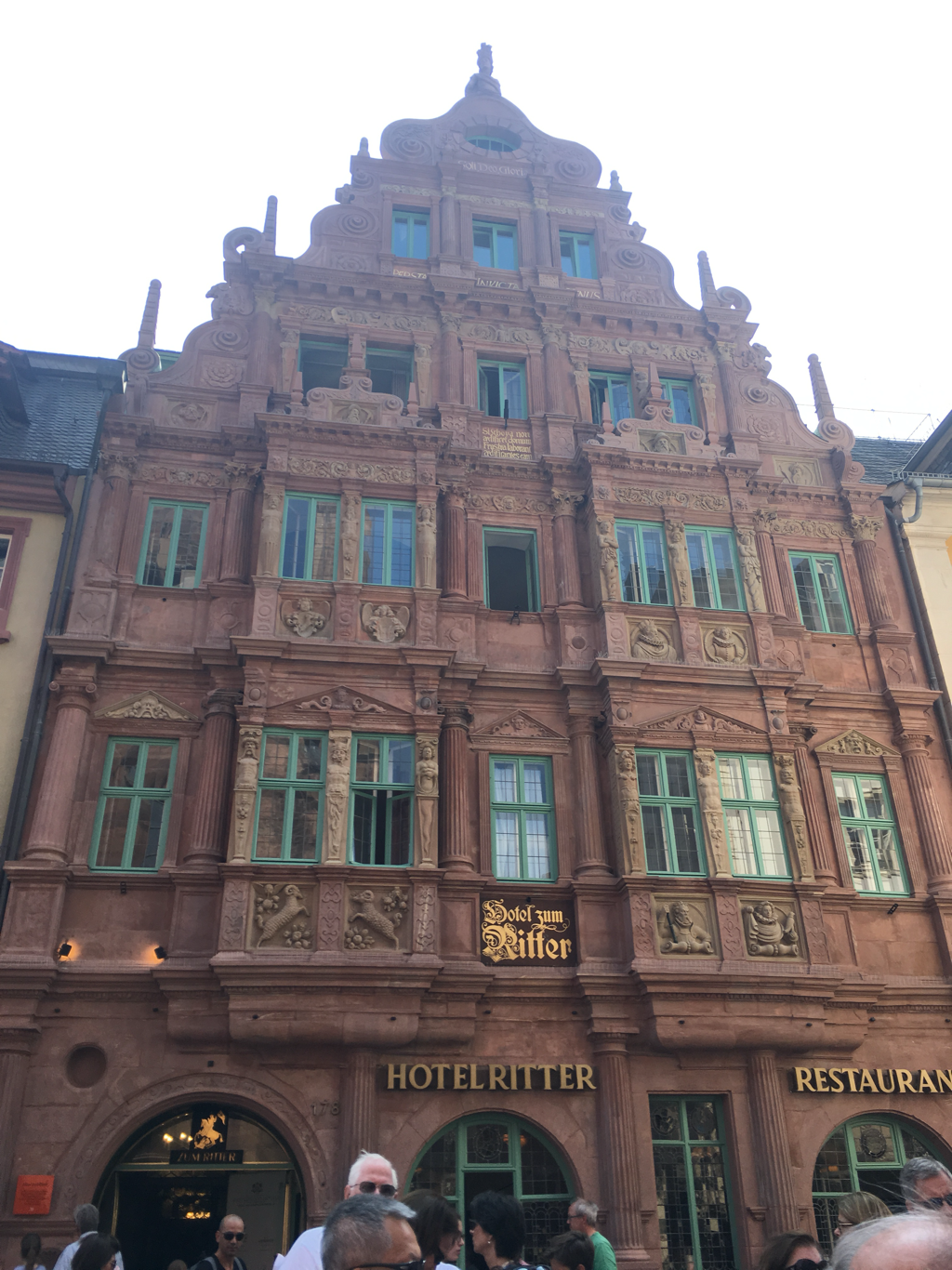
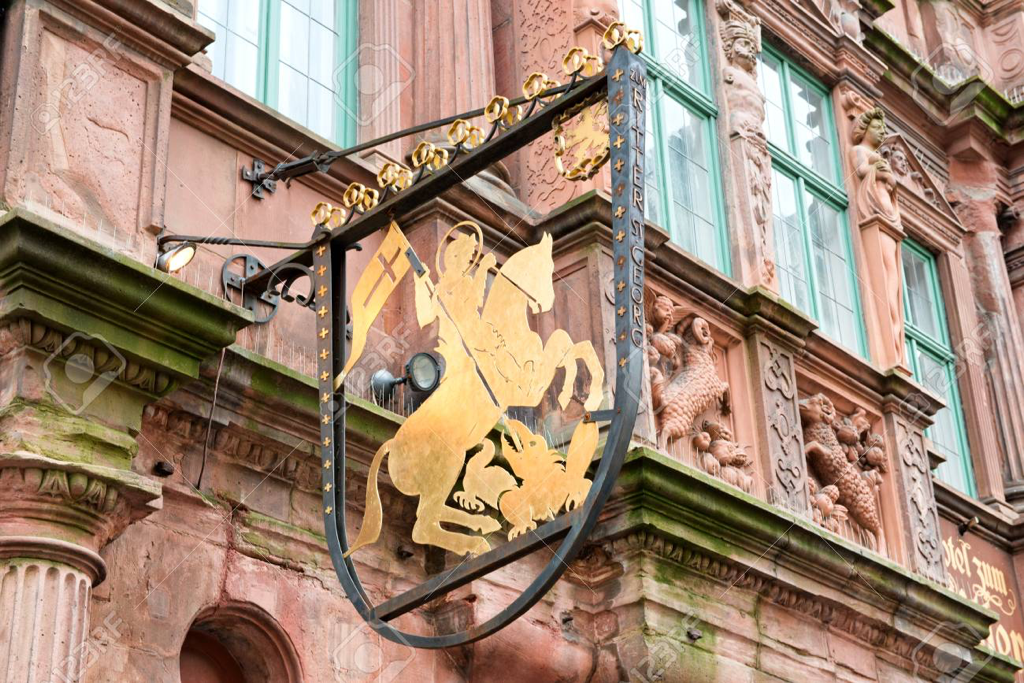
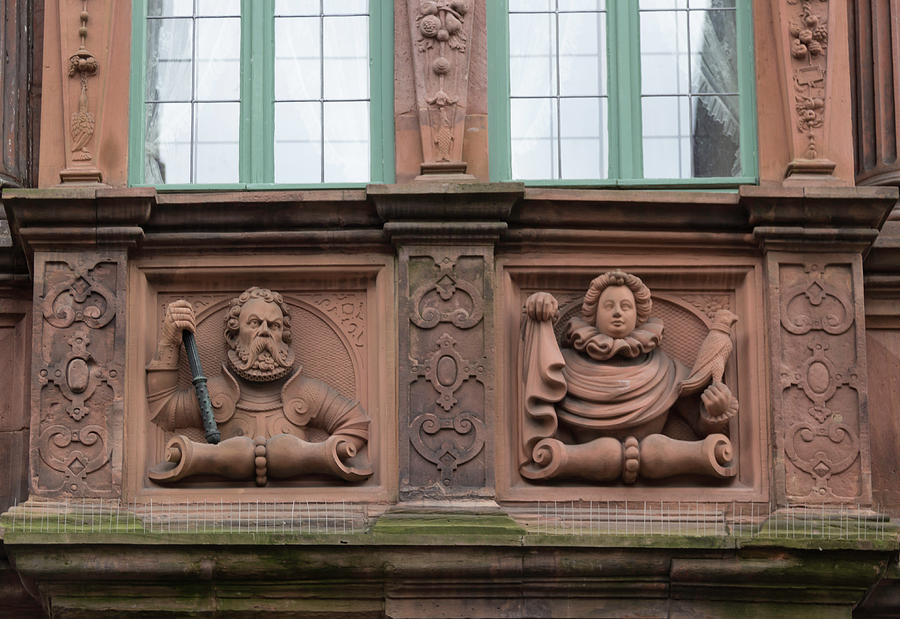
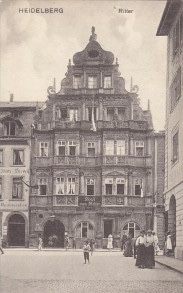
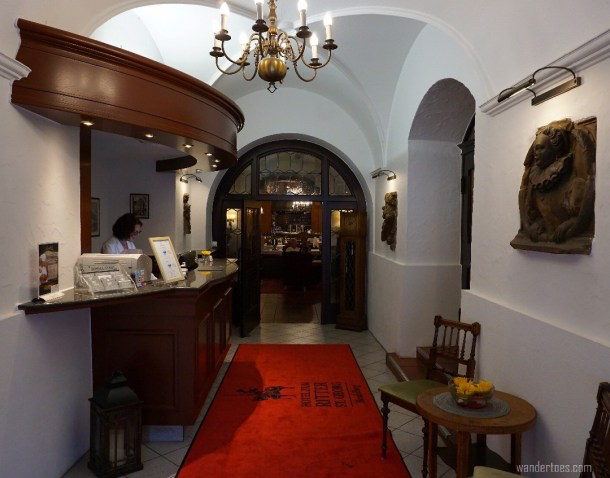
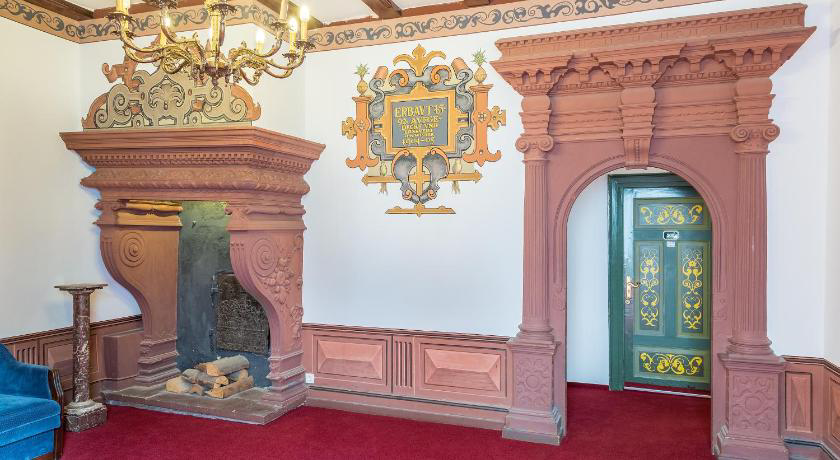
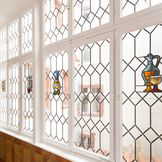
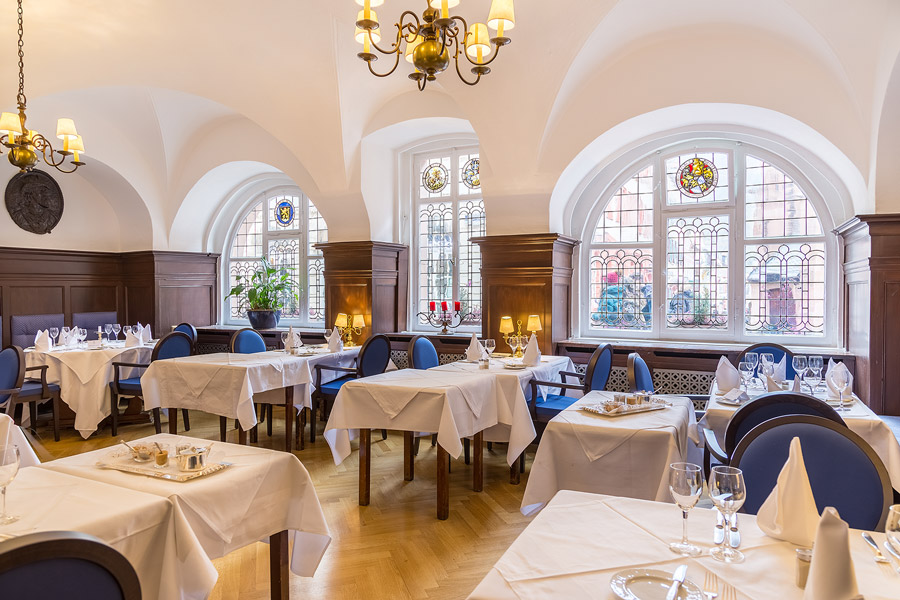
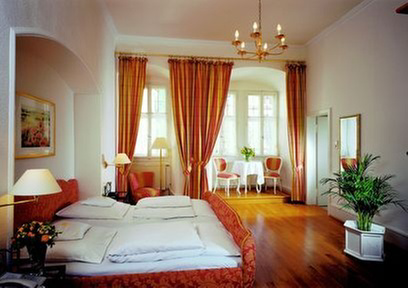


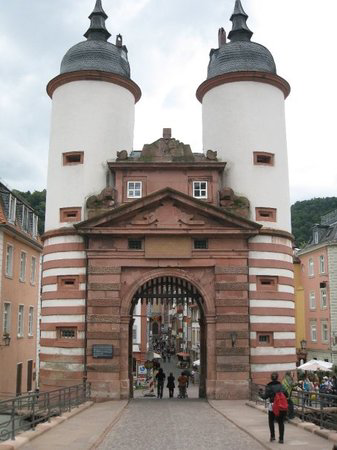
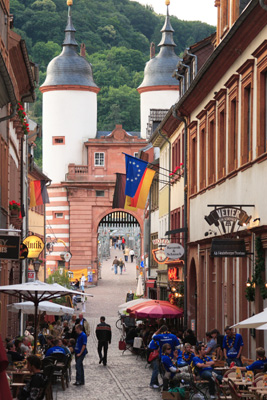
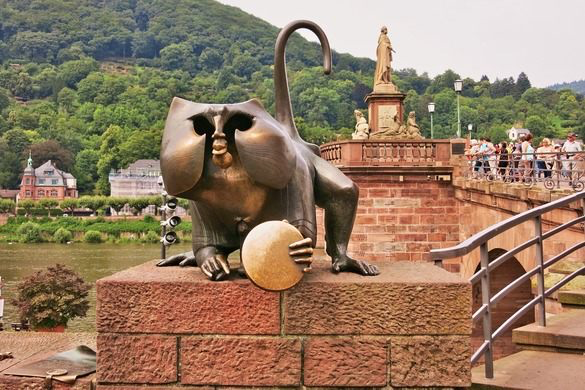
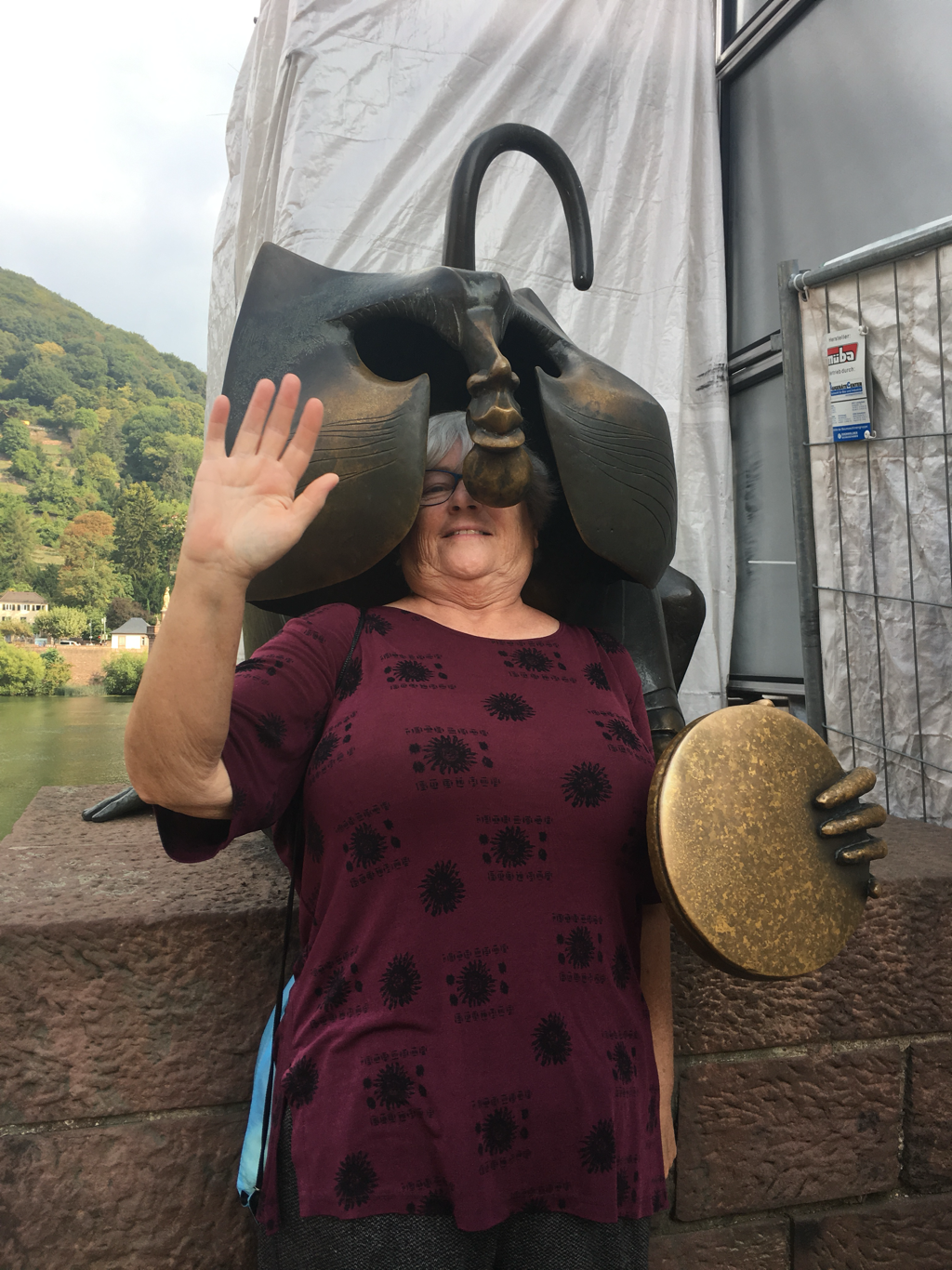
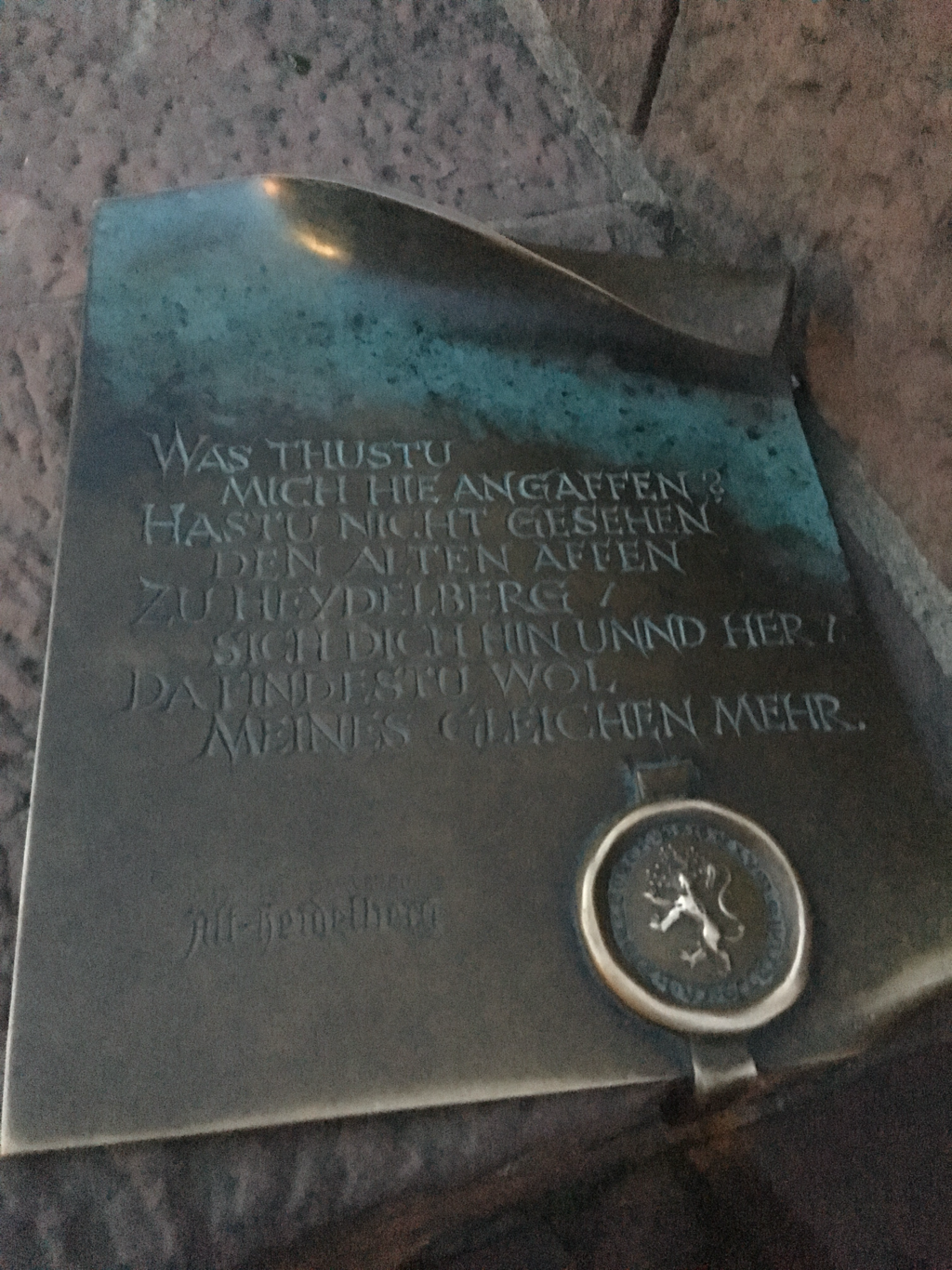
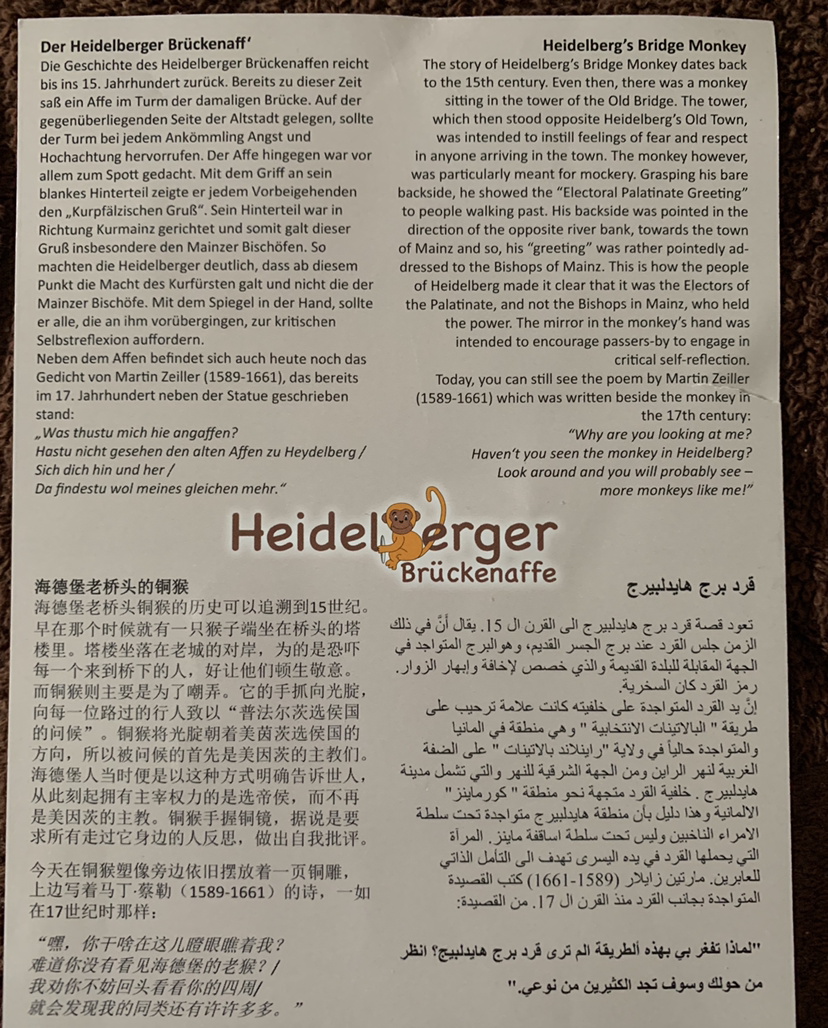

 RSS Feed
RSS Feed
